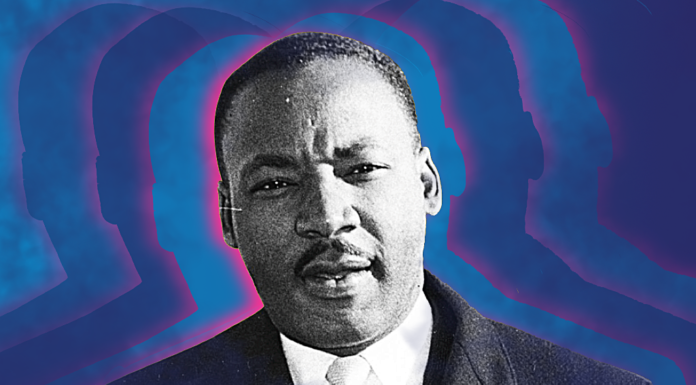The long-anticipated 2020 election is almost upon us. The democrats are whittling their field down and republicans are well past the point of anybody launching a reasonable in-house challenge to President Trump. This means that the upcoming election will be a contest between Trump and the eventual Democratic nominee which barring something unexpected projects to be Joe Biden, Bernie Sanders, or Elizabeth Warren.
So what does this mean for education? Though there were always differences, education in the past has not been a big wedge issue. At least not big enough to weaponize. But that is beginning to show signs of changing. In the last few years, there have been a massive number of teacher walkouts and strikes. The student loan crisis has reached near critical mass. Furthermore, Kentucky’s latest gubernatorial election has shown that education can move the needle in an election in a pivotal way. Expect to see this trend continue on that national level.
While it is hard to predict what issues will rise to the surface before you know the actual candidates there are a few issues you can bet will be on the docket:
1. Student loans:
The total student loan debt in the United States is around $1.6 trillion. The average student loan monthly payment is $393… more than many Americans can comfortably afford to pay for a car payment. Make no mistake this is a crisis. Some candidates in the field have shown little desire to fix or mitigate the damage caused by student loans. On the other end of the spectrum, some candidates have proposed eliminating student loan debt completely.
So why does this educational issue rise to the top over all the others? Because 48 million Americans have student loans… which equates to around one-sixth of the voting-age population.
2. Teacher compensation:
Teacher pay, benefits, and retirement plans are typically seen as hyperlocal, but when school districts all over the country have the same issues it becomes national. And make no mistake teachers are complaining about their compensation everywhere with some legitimate reasons. Most studies and analyses indicate teachers are underpaid. Many can’t even afford to live in the cities in which they teach.
This issue is sure to come up because this election comes on the heels of rolling teacher walkouts and strikes. Additionally, as republicans are more likely to cut budgets than democrats progressive candidates have been running on this issue with success, even in red states.
3. School Safety:
School safety is on paper a bi-partisan issue but when you get into the weeds it tends to be very controversial. Different candidates have different ideas about how to prevent school violence. While both sides tend to favor mental health as a form of prevention Democrats are not going to have the conversation without bringing up gun control which always sparks debate as some Republicans have actually suggested more guns as the solution.
Politicians are never more than one school shooting away from being forced to have this debate which in America makes the conversation virtually inevitable. But the recent activism of students around the issue has highlighted the polarization around the issue.
There are plenty of other worthy issues that could arise during the election. Things like affirmative action, school choice and common core are also hot button issues that you may hear about but probably not as much as they are not as accessible issues for everyone.
There is no question that the 2020 election will have no shortage of argument and debate. Many people in education circles hope that this is the election where education issues finally break through. With all the momentum those issues have gained in recent years they just might.










